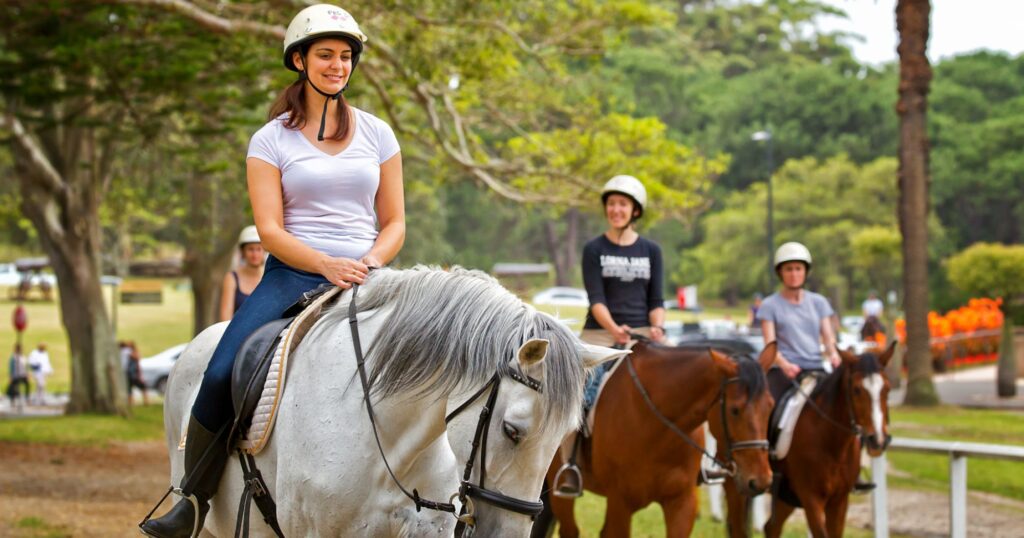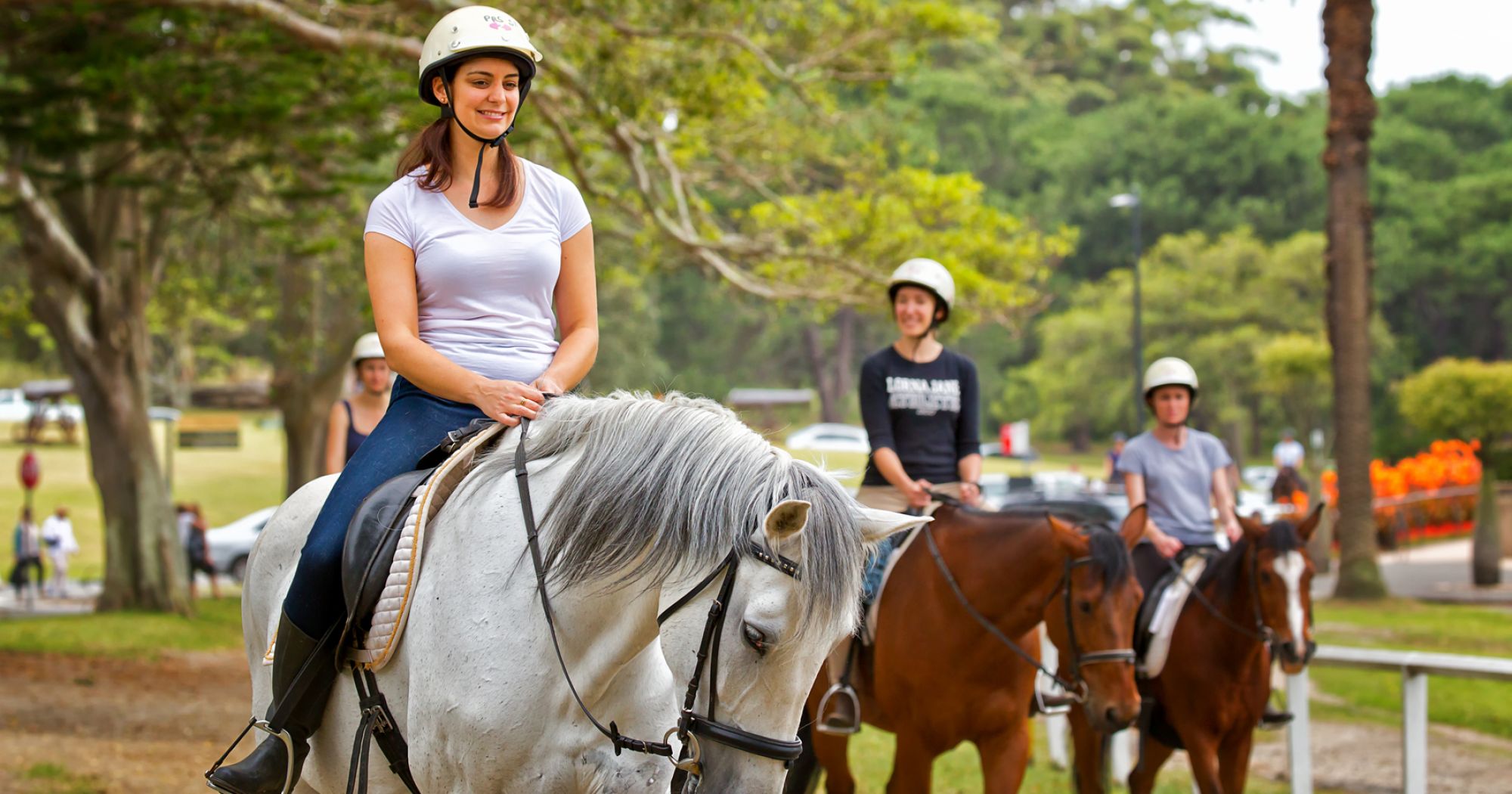Looking to dive into the world of horseback riding but not sure where to start? Choosing the right riding school is crucial for beginners, as it sets the foundation for your equestrian journey. With so many options out there, it can be overwhelming to make a decision. You want a riding school that not only provides quality instruction but also creates a safe and supportive environment for learning. In this article, we’ll provide you with some helpful tips to ensure you choose the right riding school that aligns with your goals and needs.
Tips for Choosing the Right Riding School for Beginners
Are you interested in horseback riding but don’t know where to start? Choosing the right riding school for beginners is crucial to ensure a safe and enjoyable experience. With so many options available, it can be overwhelming to make a decision. But don’t worry, we’ve got you covered! In this article, we will guide you through some essential tips to consider when choosing a riding school. So let’s get started!
Consider the Instructor’s Qualifications
One of the first things you should look for when choosing a riding school is the qualifications of the instructors. A well-trained and experienced instructor can make a significant difference in your learning journey. They should have proper certifications or qualifications from recognized equestrian organizations. A knowledgeable instructor will not only teach you the basics of riding but also help you develop good horsemanship skills and ensure your safety during lessons.
Evaluate the Facilities and Equipment
Take a close look at the facilities and equipment provided by the riding school. It is essential to have well-maintained stables, arenas, and riding equipment. A clean and organized stable indicates good horse care practices. Make sure the riding school has an appropriate number of horses suitable for beginners, as well as well-maintained saddles, bridles, and safety gear. A riding school with good facilities and equipment ensures a safe and comfortable learning environment.
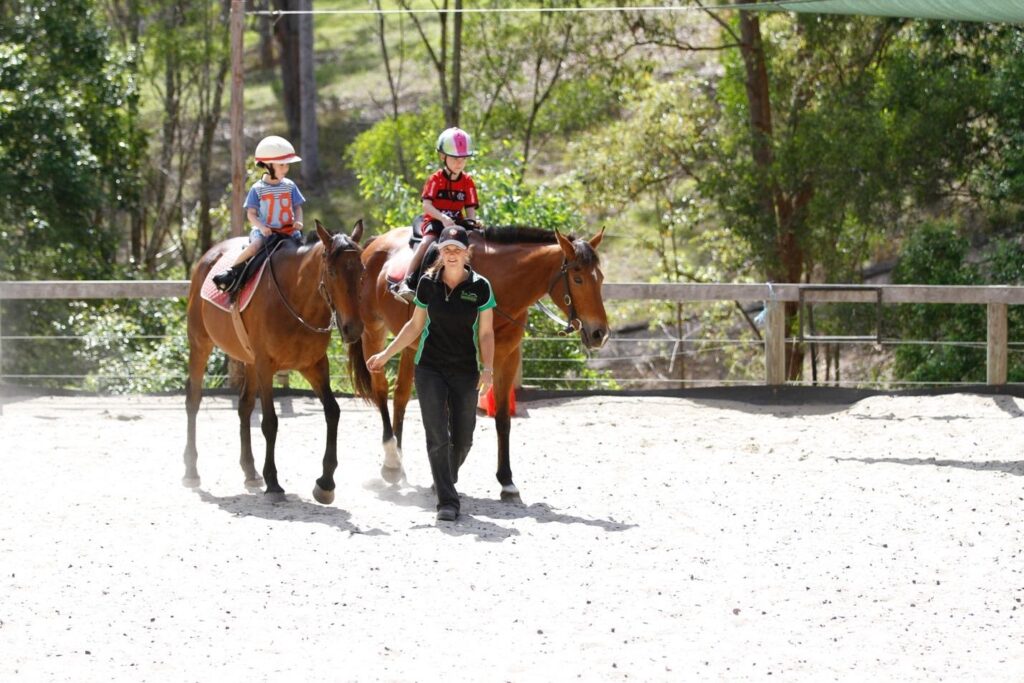
Assess the School’s Safety Measures
Safety should always be a top priority when it comes to horseback riding. Ask the riding school about their safety measures and protocols. Find out if they provide safety equipment such as helmets and body protectors. Inquire about their emergency procedures in cases of accidents or injuries. A reputable riding school will have safety rules in place, experienced staff, and well-trained horses to minimize the risk of accidents and ensure the well-being of both riders and horses.
Check the School’s Reputation and Reviews
Do some research on the riding school’s reputation and read reviews from other students or their parents. Look for testimonials on their website or check online forums and social media platforms for feedback. Positive reviews and recommendations indicate that the riding school has a good track record and satisfied customers. Conversely, negative reviews or complaints should raise red flags and prompt you to consider other options. A reputable riding school will have a solid reputation built on happy and successful riders.

Consider the Teaching Style
Every riding instructor has their own teaching style. Some might focus more on the technical aspects of riding, while others prioritize building a strong bond between horse and rider. Think about your learning preferences and what teaching style might work best for you. Do you prefer a more structured approach or a more relaxed and patient instructor? Consider scheduling a trial lesson or watching some of their classes to get a feel for their teaching style and see if it aligns with your goals and learning style.
Evaluate the Lesson Options and Programs
Different riding schools offer various lesson options and programs. Some might have group lessons, others provide private lessons, and some offer a combination of both. Consider your preferences and availability when choosing between group or private lessons. Additionally, inquire about any specialized programs the riding school offers, such as show jumping, dressage, or trail riding. Assessing the lesson options and programs will help you determine if the riding school can cater to your specific interests and goals.
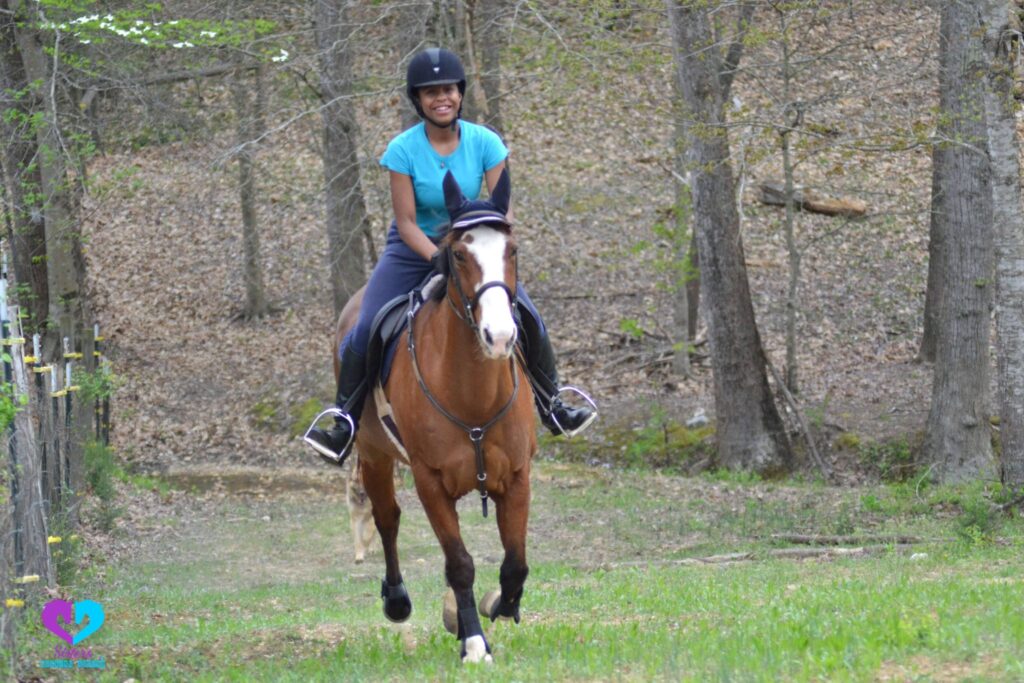
Assess the Horse Care and Welfare Practices
A responsible and ethical riding school will prioritize the care and welfare of their horses. Inquire about their feeding, turnout, and overall horse management practices. Find out if the horses receive regular veterinary care, vaccinations, and farrier services. Ask about their grooming routines and how they ensure the horses’ physical and mental well-being. A riding school that values and takes good care of their horses will provide a better learning environment for you as a beginner rider.
Consider the Location and Accessibility
When choosing a riding school, consider its location and accessibility. It’s important to find a school that is easily reachable from your home or workplace. Long travel times may become inconvenient and discourage regular attendance. Additionally, evaluate the riding school’s proximity to public transportation if you don’t have access to a private vehicle. Consider the surrounding environment as well, as a serene and quiet location can enhance your riding experience and create a peaceful atmosphere.
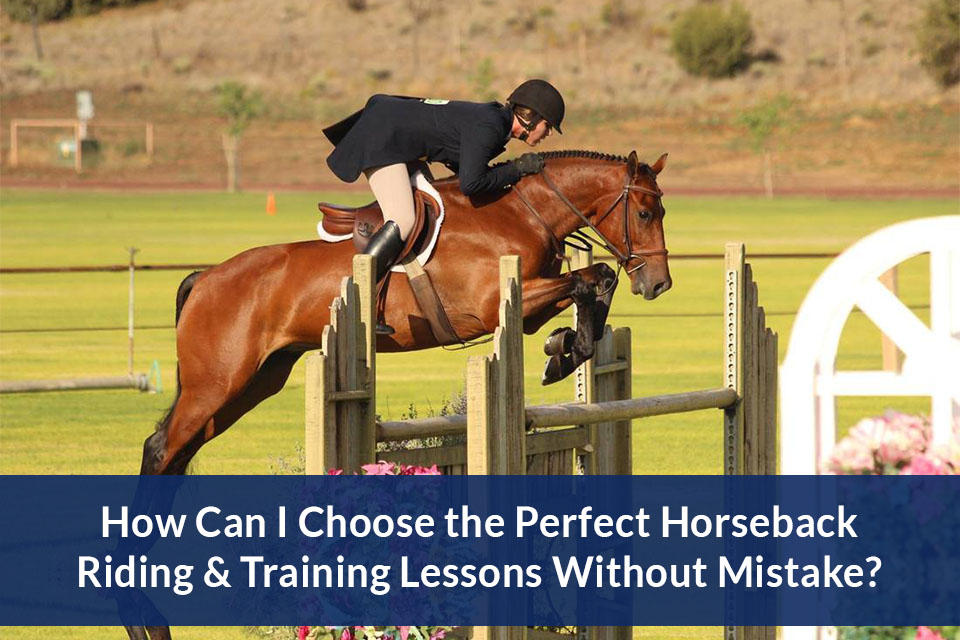
Evaluate the Cost and Value
Cost is an important consideration when choosing a riding school, but it should not be the sole determining factor. Compare the prices of different riding schools in your area and remember that quality comes at a price. Cheaper options may compromise on safety, instructor qualifications, or horse care practices. Think about the value you will receive for your money, considering factors such as quality of instruction, well-maintained facilities, and experienced horses. It’s better to invest a little more for a reputable riding school that offers a higher level of instruction and overall experience.
Schedule a Visit and Observation
Once you have narrowed down your options, the best way to make an informed decision is by scheduling a visit and observation. Take a tour of the riding school, observe the lessons, and interact with the instructors and staff. Pay attention to the general atmosphere, cleanliness, and organization of the facility. Observe how the instructors interact with the students and how they handle the horses. Trust your instincts and choose a riding school where you feel comfortable, welcomed, and confident in their ability to provide a positive learning experience.
Remember, choosing the right riding school is essential to ensure a safe and enjoyable horseback riding journey. Consider the instructor’s qualifications, evaluate the facilities and equipment, assess the school’s safety measures, check the reputation and reviews, consider the teaching style, evaluate the lesson options and programs, assess the horse care and welfare practices, consider the location and accessibility, evaluate the cost and value, and most importantly, schedule a visit and observation to make an informed decision. Happy riding!
